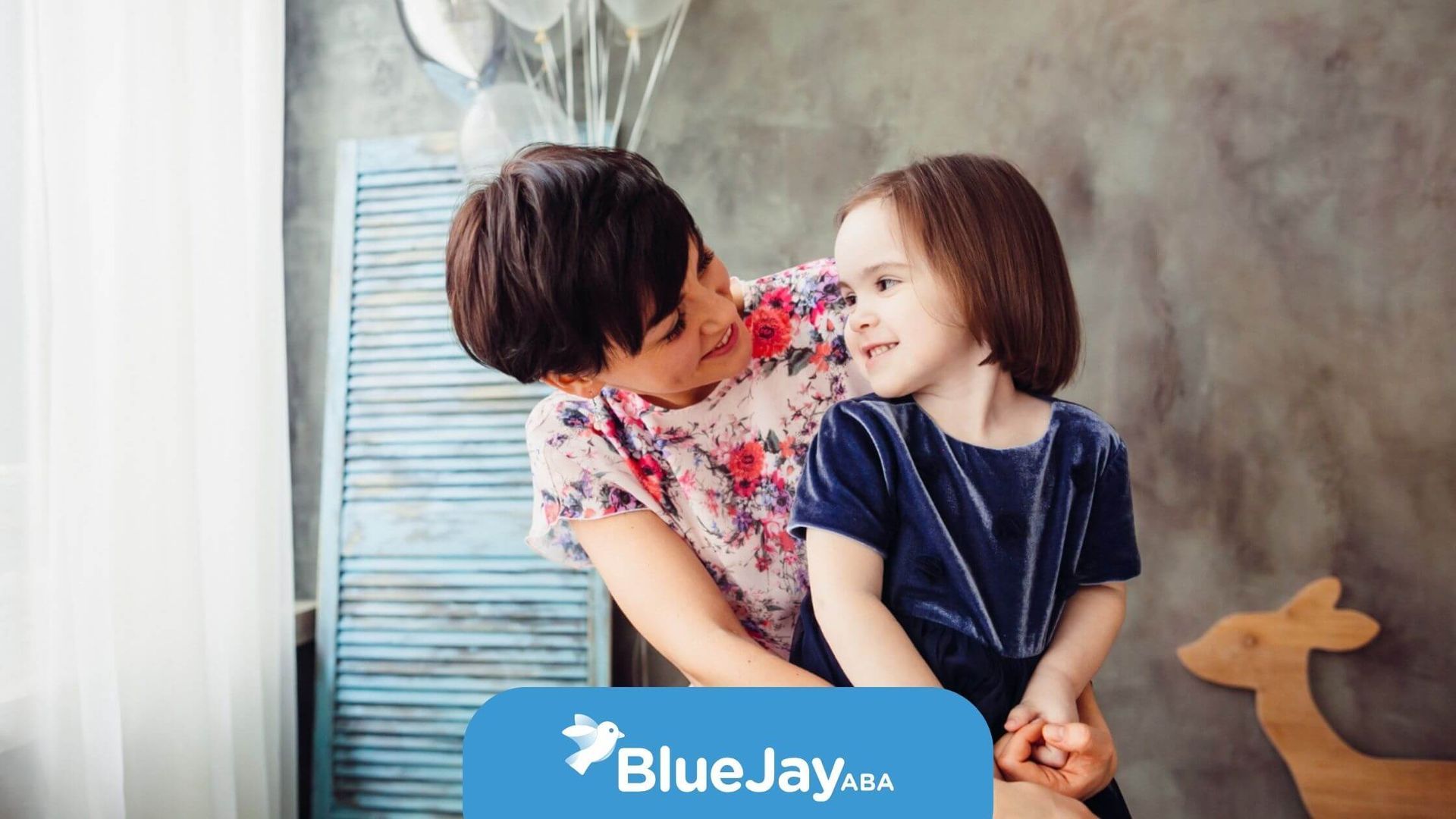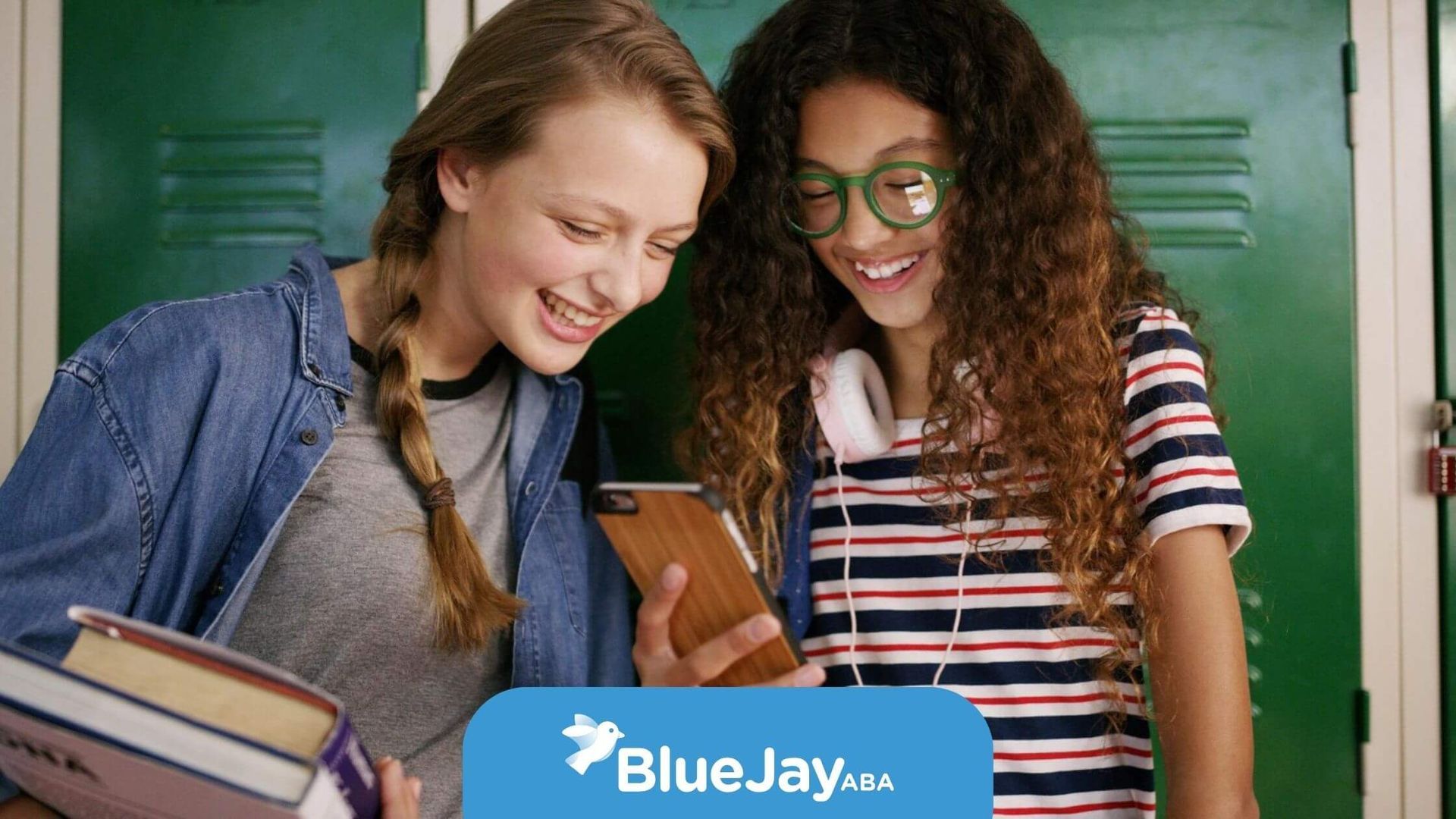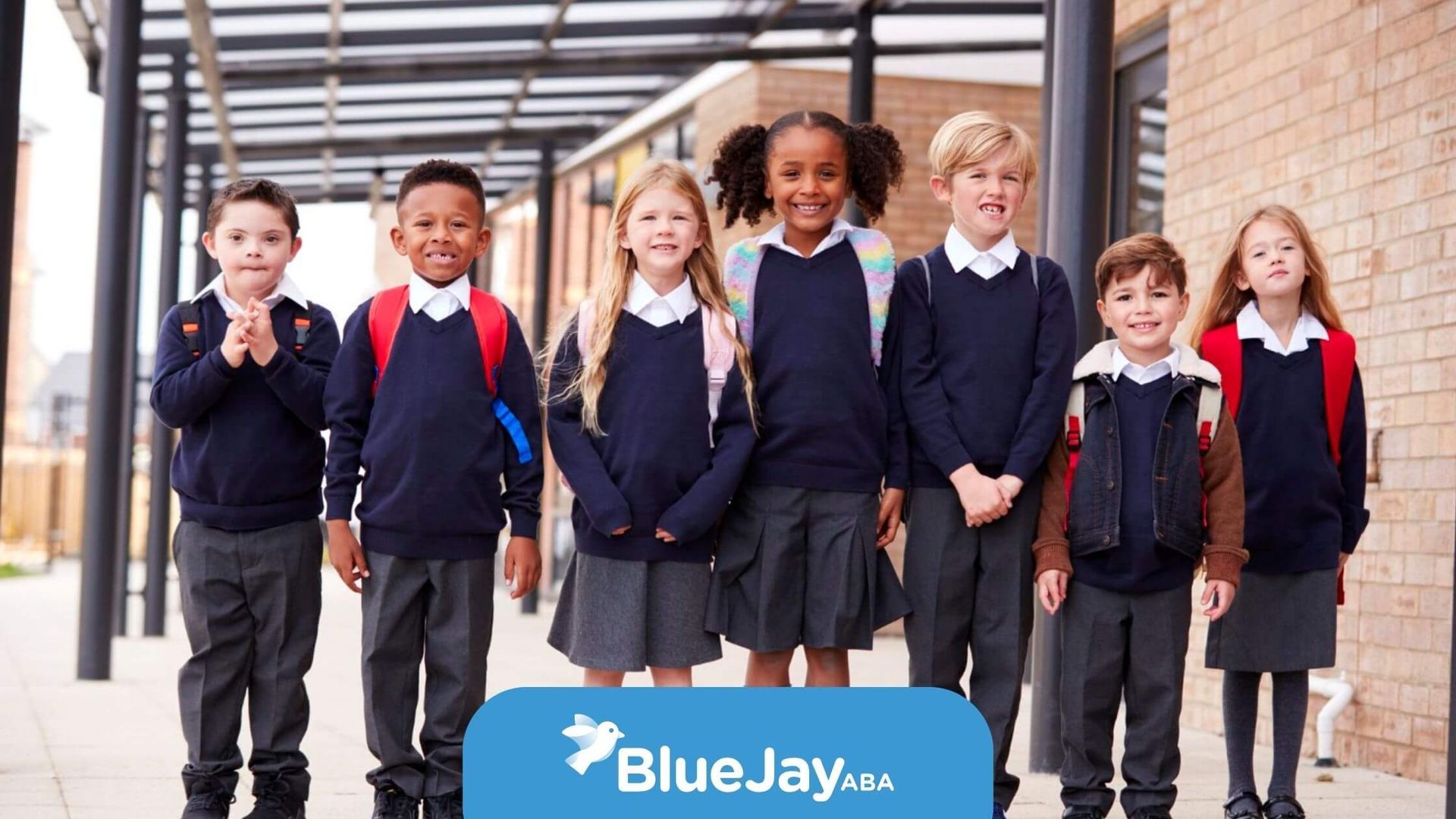How ABA Therapy Helps Kids Develop a Sense of Accomplishment
As an ABA clinician, I’ve had the privilege of watching children discover what they’re capable of—and it’s truly incredible. That spark of pride when a child says, “I did it!” represents much more than a completed task. It’s confidence, joy, and self-belief all wrapped up in one moment.
ABA therapy (Applied Behavior Analysis) is often seen as a scientific approach to teaching new skills—and it is—but at its heart, it’s also about something deeply human: helping children feel proud of their progress. When kids experience a sense of accomplishment, it transforms how they learn, how they behave, and how they see themselves.
How ABA Therapy Nurtures Confidence and Growth
One of the most powerful outcomes of ABA therapy is how it helps children develop confidence through consistent success. The structure of ABA allows children to learn at their own pace, celebrate small wins, and feel proud every step of the way.
Step-by-Step Success Through Achievable Goals
ABA therapy is built on setting realistic, attainable goals. During an ABA assessment, we break down each skill into manageable parts—what we call “task analysis.”
Let’s say we’re teaching a child to brush their teeth. We don’t start by expecting them to complete the full routine. Instead, we begin with the first step—picking up the toothbrush—and celebrate that success. Over time, we add one small step at a time, turning the process into a series of victories rather than a single overwhelming task.
This approach allows children to experience accomplishment daily. Each win, no matter how small, reinforces the idea that they are capable—and that confidence grows stronger with every success.
Reinforcement and Recognition Build Self-Worth
Children thrive when their efforts are noticed and appreciated. ABA therapy uses positive reinforcement not just to teach behavior, but to help children recognize the connection between effort, success, and pride.
The Power of Positive Reinforcement
Positive reinforcement in ABA isn’t about bribery—it’s about motivation and emotional growth. When a child succeeds, we offer meaningful rewards like praise, high-fives, or access to a favorite toy. Over time, these moments of celebration teach the child that success feels good and is worth striving for.
Eventually, the motivation becomes internal. A child begins to seek accomplishment not for the reward itself, but because the feeling of “I did it!” becomes powerful and fulfilling.
Helping Children Overcome Challenges with Resilience
Every child has moments of frustration during therapy. What matters most is how those moments are handled. In ABA, challenges are seen not as setbacks—but as opportunities to build resilience, patience, and determination.
Turning Struggles into Success
When a child faces difficulty mastering a skill, I focus on their effort rather than the outcome. If a child tries again after a mistake, that’s progress—and it deserves recognition.
I might say, “You worked really hard on that!” or “You didn’t give up, and that’s awesome!” These affirmations help children associate effort with success, even when the result isn’t perfect. Over time, they learn that trying itself is something to be proud of.
That resilience, built session after session, eventually extends far beyond therapy—it becomes a life skill.
The Emotional Impact of Accomplishment
ABA therapy isn’t just about teaching behaviors; it’s about building emotional strength. A child’s sense of accomplishment can shift how they view the world and themselves.
Confidence That Extends Beyond the Therapy Room
I’ve seen countless moments where small wins lead to big transformations. A child who once hesitated to speak begins sharing their thoughts proudly. Another who used to avoid challenges starts asking to try again. These changes come from the confidence born through consistent accomplishment.
Parents often notice it first: their child smiles more, takes initiative, and begins to believe in themselves. That confidence carries over to home, school, and social settings—creating ripple effects that last for years.
Parents Are Essential to Sustaining Accomplishment
Children thrive most when their progress is supported at home. That’s why involving parents in the ABA process is so important. When families understand how to reinforce skills and celebrate growth, the sense of accomplishment becomes part of daily life.
Empowering Parents Through Training and Support
At Blue Jay ABA, we offer ABA parent training that equips caregivers with practical strategies to encourage learning at home. Parents learn how to use positive reinforcement effectively, maintain consistency, and recognize when their child is making progress—even in subtle ways.
When parents and clinicians work together, children feel supported from every angle. They begin to associate success not just with therapy, but with the people and places that matter most to them.
Real-Life Accomplishment: From Therapy to Daily Life
The skills children build in ABA therapy aren’t meant to stay confined to sessions—they’re designed to create confidence in the real world.
Everyday Wins that Build Lifelong Confidence
When a child masters a skill in therapy, that sense of accomplishment spills over into daily life. They might start dressing themselves, initiating play with peers, or expressing needs more clearly. These everyday wins are proof that therapy is working—and they’re worth celebrating.
Over time, children begin to approach new challenges with curiosity rather than fear. They learn that progress feels good, and that they have the ability to create it.
Celebrating Small Wins That Lead to Big Growth
In ABA therapy, no success is too small. I always remind families that those “little victories” are actually the steppingstones to lasting growth.
Why Small Steps Matter So Much
When children achieve small goals, their confidence strengthens. That’s why we take time to celebrate every success—no matter how tiny it may seem. Those moments of pride create positive associations with learning, which keeps children engaged and excited to try again.
Consistency and celebration together build momentum—and that momentum leads to long-term success.
Empowering Growth Through Compassionate Care
At Blue Jay ABA, we’re passionate about helping children feel proud of what they can do. Our programs are built to celebrate progress, foster independence, and nurture that all-important sense of accomplishment.
Personalized ABA Therapy Designed for Success
We provide individualized care through:
- Home-based ABA therapy for learning in familiar environments
- School-based ABA therapy to promote social and academic growth
- Telehealth ABA therapy for flexible and accessible support
- ABA assessments and autism evaluations to guide personalized goals
- Parent training to empower caregivers in reinforcing growth at home
Families across North Carolina trust Blue Jay ABA to provide compassionate, evidence-based care that helps children thrive both in therapy and beyond.
Contact Blue Jay ABA today to start your child’s journey toward confidence, growth, and accomplishment
FAQs
How does ABA therapy help children feel more confident?
Through small, achievable goals and positive reinforcement, children experience repeated success. These moments build pride and long-lasting self-confidence.
Can ABA therapy help if my child gets easily frustrated or discouraged?
Absolutely. ABA focuses on effort and persistence, helping children learn that trying again is a form of success in itself. We celebrate both progress and perseverance.
How can I support my child’s accomplishments outside of therapy?
By practicing strategies from parent training, using consistent praise, and recognizing small wins at home, you reinforce your child’s sense of achievement daily.
Sources:
- https://pmc.ncbi.nlm.nih.gov/articles/PMC10169625/
- https://www.autismspeaks.org/applied-behavior-analysis
- https://pmc.ncbi.nlm.nih.gov/articles/PMC3196209/
- https://my.clevelandclinic.org/health/treatments/25197-applied-behavior-analysis
- https://pmc.ncbi.nlm.nih.gov/articles/PMC8702444/
Related Posts





